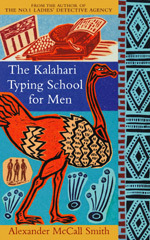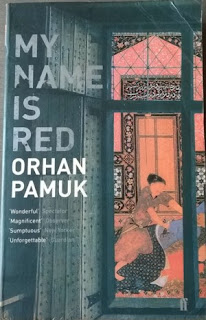“The Street Lawyer” could have been the narrator, Michael Brock, an antitrust lawyer who’s been slaving it at the big law firm of Drake & Sweeney for seven years as an associate, with a few years left for him to make full partner and earn big bucks. And it could also have been big, knowledgeable, caring and competent lawyer Mordecai Green whose 14th Street Legal Clinic has been catering to the needs of the poor and homeless for many years. And without him, much of the achievements in the story might not have taken place.
Having noted that, the story is one that highlights the plight of the poor and homeless, living in big American cities in the midst of wealth and plenty. One of the poor and homeless, DeVon Hardy, decides to take it upon himself to do something to force some people to notice, even it costs him his life. He and 16 other tenants in an abandoned warehouse were improperly evicted as “squatters” when in fact they had been paying $100 monthly rent, thrown out into the cold February streets of winter in Washington, D. C. He steals a gun and dresses up to look like he had sticks of dynamite wired around his body, ready to explode when he pulls a wire. He traces the firm of lawyers that handled the eviction, Drake & Sweeney, goes there and takes Michael and some of his fellow lawyers hostage, terrorizing them for a while and reprimanding them for making so much money without a thought for the poor. Wrongly thinking that he aims to harm his victims, high-powered hostage rescue teams are drawn up outside, and at their first opportunity at aiming a shot at him, he is gunned down. Right behind him is Michael Brock that he’d made spokesman for the hostages, and the experience of coming so close to death, of having Hardy’s brains and blood spilled on him, changes him thereafter.
Hardy had brought up the 14th Street Legal Clinic while he interrogated the hostages, so Michael goes there asking around. First he wants assurance that Hardy wasn’t HIV-positive. Then he gets more involved, and either for guilt or something else, he quits his big firm job and joins them. When it becomes clear that those 17 people including Hardy were wrongly evicted, leading to some deaths, Drake & Sweeney is hit with a law suit by the 14th Street Legal Clinic, spearheaded by him and Mordecai. They have to beg for out-of-court settlement to avoid being seriously damaged further in the press. Very interesting reading indeed.


































